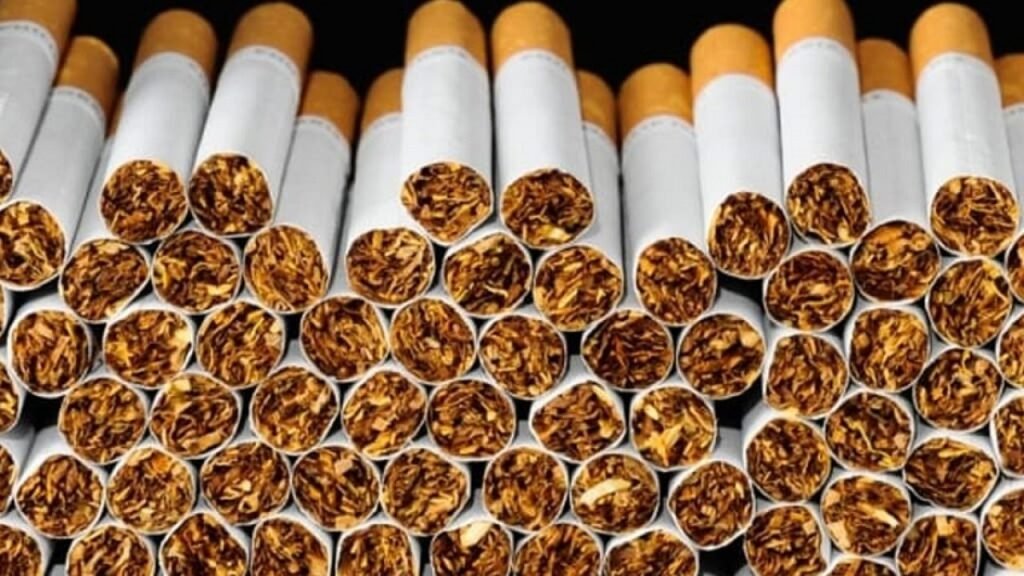A study conducted by Sustainable Development Policy Institute (SDPI) highlights that cigarette prices are the cheapest in Pakistan when compared with other countries in the South Asian region.
The study titled: “Estimating the price elasticity for a cigarette and chewed tobacco in Pakistan: evidence from micro-level data,” asked the policymakers to increase tax on tobacco products to make it out of the purchasing power of the youth.
Furthermore, the study said that the tobacco industry in Pakistan was opposing any tax increase on the pretext of around 40pc illicit trade of tobacco products.
It also added that in the absence of any reliable estimates of price elasticities and illegal trade, policymakers often rely on the data provided by the industry and decide tax regimes that may favor them.
The 2017 case was highlighted by the study when the industry obtained a favorable tax regime through the introduction of a three-tiered system without restricting the tier shifting of brands. Consequently, the brands in the second tier were shifted to the third tier, with the lowest federal excise duty rates by the industry, bringing the cigarette prices down.
Based on the data and figures, the study would support the idea that tax increase would reduce cigarette demand without raising illicit trade as argued by tobacco manufacturers when opposing any increase in tax rates.
Pakistan ranks among the largest tobacco-consuming countries in the world with around 24 million active adult tobacco users. The prevalence rates among men and women are 32.4pc and 5.7pc respectively.
Considering that tobacco consumption takes a heavy toll on human health, Pakistan needs strict tobacco control measures, it said.
The study said that the country has already signed the WHO’s Framework Convention on Tobacco Control in 2005 and since then has introduced various non-taxation policies including pictorial warnings on cigarette packs, smoking bans, ‘No Smoking’ signs in public places and vehicles, bans on cigarettes sale to minors, active advertisements campaigns and distribution of free samples.
However, the policies’ implementation is generally weak and raising concerns that contrary to its commitment of a 30pc reduction in the tobacco prevalence by 2025, the smoking trend may actually rise in Pakistan.
Despite a taxation policy being an effective tool to reduce tobacco consumption, the study says that it still is the weakest action area in the country’s combat against tobacco.


